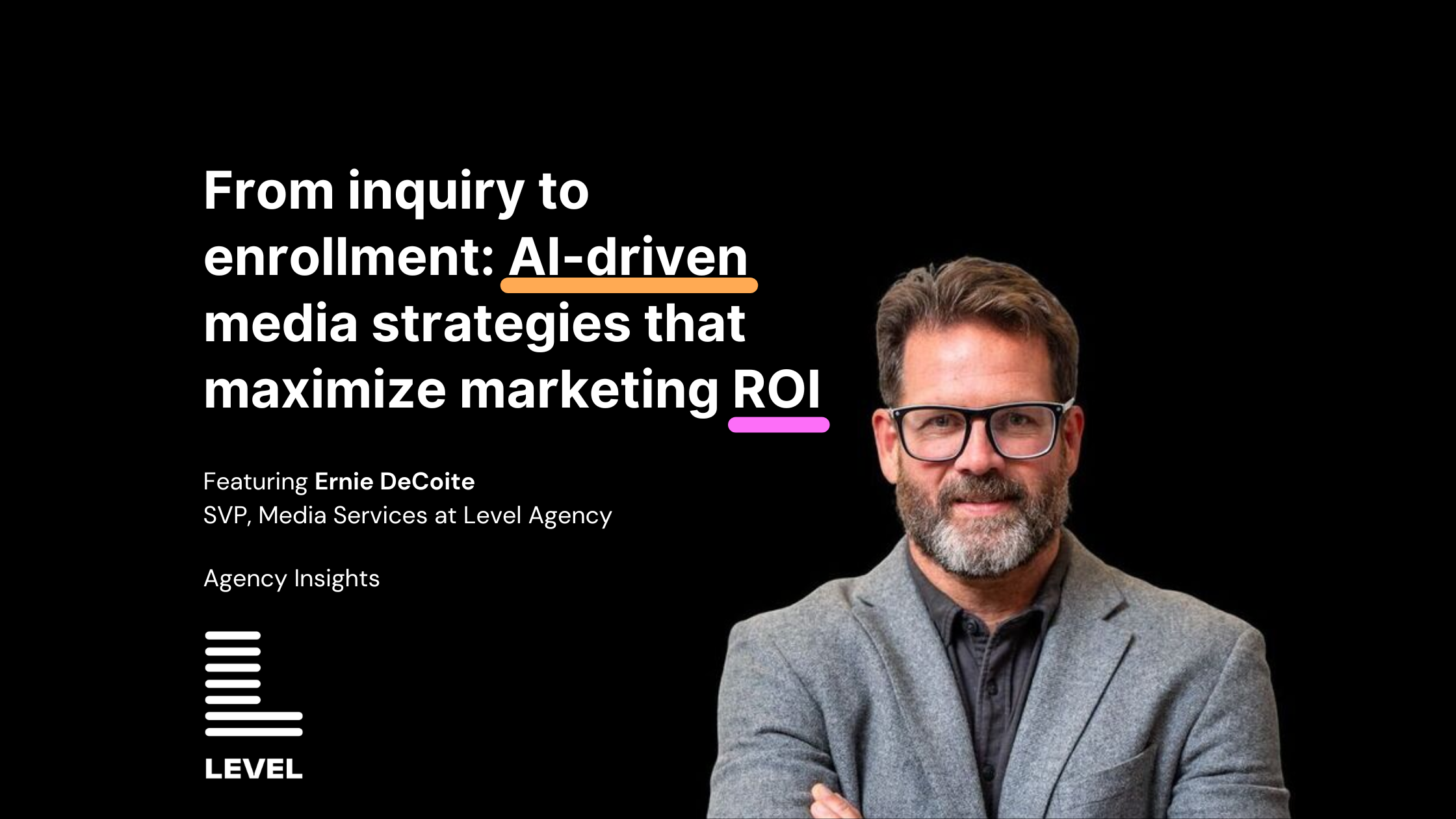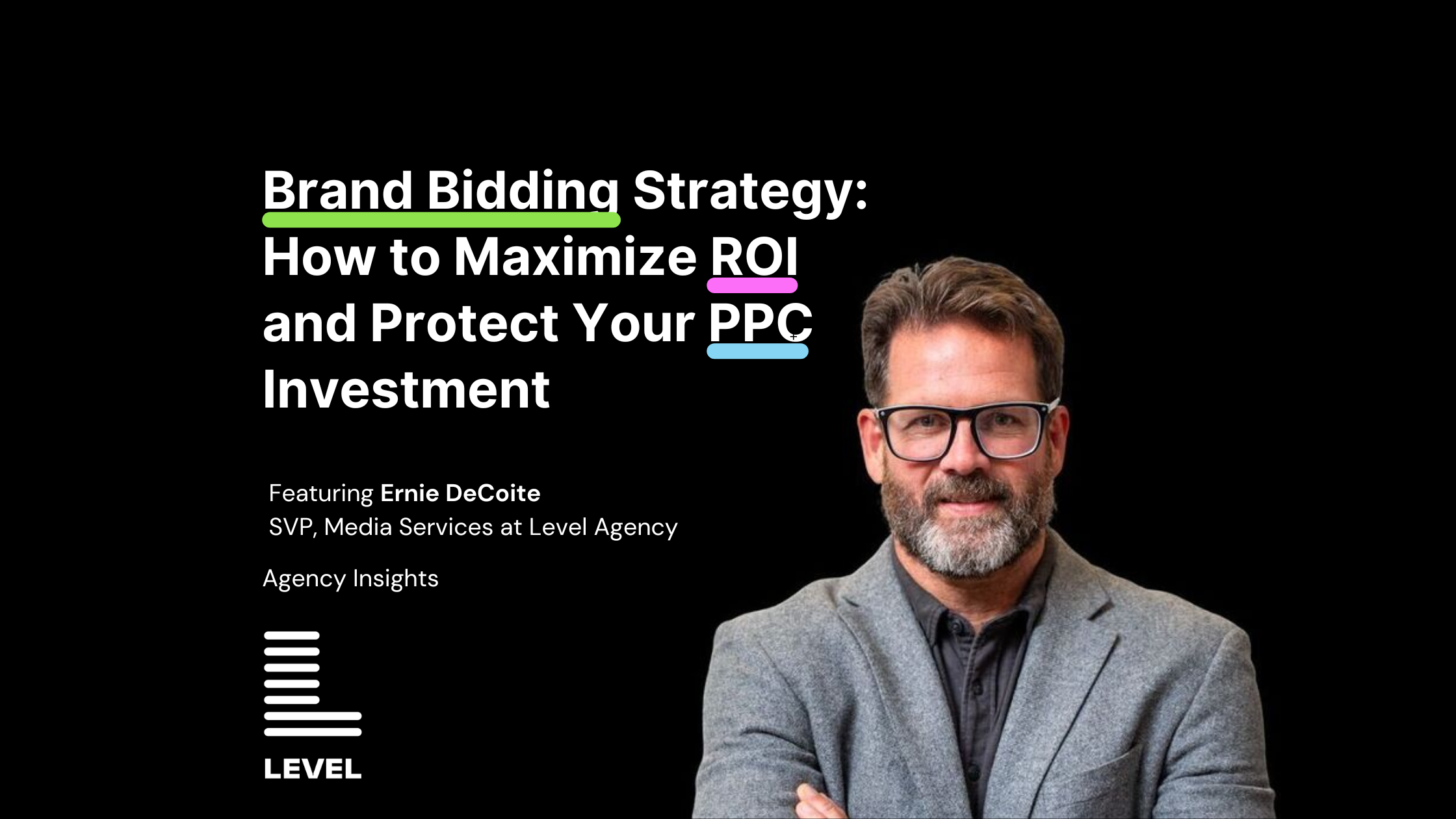If you consider yourself to be a savvy marketer, you’re likely looking for ways to measure the effectiveness of sales and marketing efforts to your target audience. You’ve put your share of measurement tools through the paces, but they never quite gave you the answers you were looking for. That’s because most measurement tools only give you a partial picture of what’s going on within your marketing strategy. They might show a marketing metric like how many people visited your website or how many leads you generated, but they don’t always show you how those visitors and leads progressed through your sales funnel.
What are Marketing Funnel Metrics?
They’re a powerful way to approach and solve targeted business problems. But what are they? Let’s first take a step back and define what we mean by “funnel metrics.” Funnel metrics are simply a way of measuring the progress of a potential customer as they move through the different stages of the customer buying journey. This journey consists of three main stages:
1. Awareness Stage: The customer becomes aware of a problem or need that they have.
2. Consideration Stage: The customer begins researching solutions to their problem or need.
3. Decision Stage: The customer chooses a particular product or service to solve their problem or need.
By tracking funnel metrics at each stage, you’ll be able to see which marketing activities are most effective in moving prospects from one stage to the next—and ultimately converting them into paying customers. Additionally, you’ll be able to identify any bottlenecks in your conversion funnel so that you can make the necessary changes to keep things moving smoothly.
What are some examples of Funnel Metrics?
There are many different types of funnel metrics that you can track, but some examples include:
1. Sales: Obviously, you want to know how much revenue your sales and marketing efforts generate. Don’t stop there. Look closely at your efficiency in doing so. Track your conversion rate and average deal size. This will give you valuable insights into which content marketing activities are resulting in more sales—and bigger sales—so that you can replicate those successes going forward.
2. Engagement measures how often or deeply a potential customer interacts with your brand and your marketing messages. Indicators could include website traffic, social media interaction, email opens and clicks, etc. Track engagement at each stage of the funnel so that you can identify key points of demand generation and any drop-offs along the way.
3. Milestones are key moments or events in the customer buying journey that signify progress towards a sale. Examples of milestones include things like website visits, downloads, sign-ups, and quote requests. By tracking milestones throughout the funnel, you’ll be able to see which digital marketing activities are most successful at generating leads and eventually converting them into customers, and which lead to dead ends or slow overall sales velocity.
4. Brand Recognition matters, particularly in the earliest stages of the customer journey when a potential customer is just becoming aware of their problem or need. Your brand is a stand-in for trust, and having some recognition tends to accelerate that first decision to visit a website or reach out to a company. Measuring brand recognition could involve brand awareness surveys, brand lift studies, social media mentions/shares/likes, SEO ranking, and website traffic volume. Track brand recognition over time to see if your marketing efforts are having an impact on people’s perceptions of your business.
Regardless of the metrics, you choose to track, take the time to set up detailed reporting dashboards in platforms like Google Analytics, Google Ads, HubSpot, or your analytics tool of choice so you can easily measure progress and perform a detailed funnel analysis of your sales pipeline.
Why Are Marketing Funnel Metrics Important?
Funnel metrics track the progress of your sales and marketing efforts over time, and how they impact your prospective customer decisions. They help you quickly identify areas for improvement and marketing efforts that aren’t worth the investment. Additionally, tracking funnel metrics will help you benchmark your performance against other businesses in your industry.
What’s next?
If you haven’t identified key performance metrics throughout your customer journey, now is the time to start tracking funnel metrics. They make your digital marketing more efficient and scalable. They focus your time and investment where they matter most. And ultimately, they allow you to map early-stage engagements back to actual revenue.
If it seems daunting to get this granular with your data, don’t worry. That’s what we do at Level Agency. Get in touch with any questions, or to learn how our marketing team can help.









